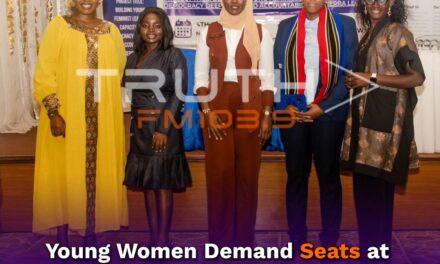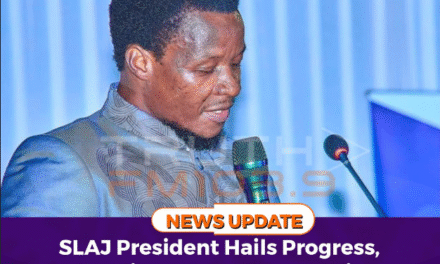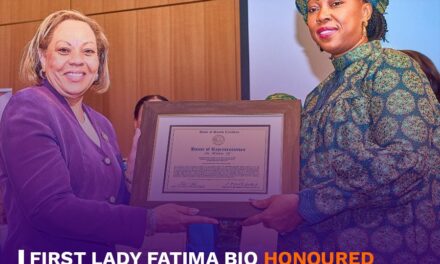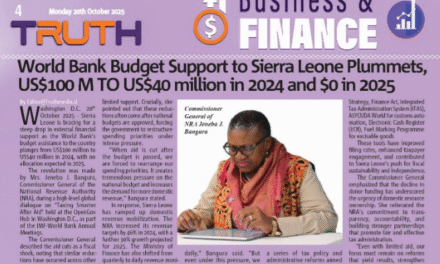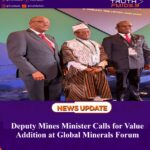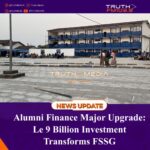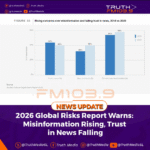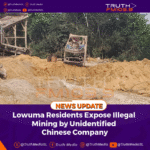Freetown, 25th August 2025– Months into one of the most significant political reform efforts in Sierra Leone’s recent history, the majority of citizens remain in the dark. According to the 2025 Afrobarometer survey, a staggering 74% of Sierra Leoneans say they have not heard about the country’s ongoing electoral reform process a silence that threatens the legitimacy of the very reforms meant to strengthen democracy.
Despite high-level political dialogue, international backing, and the formation of the Tripartite Committee to review Sierra Leone’s electoral framework, public awareness is alarmingly low. Only 26% of respondents reported any knowledge of the reform process. The numbers are even more troubling when broken down demographically: Just 16% of women are aware of the reforms. Only 20% of rural residents have heard about the process. In the Northern region, awareness drops to a mere 13%.
These figures expose a critical disconnect between political elites and everyday citizens. While reforms are being drafted, the people whose votes and voices should shape the system are largely excluded from the conversation.
Electoral reform is not just a technical exercise, it’s a democratic recalibration. If the process is invisible to most Sierra Leoneans, how can it claim to reflect their will? How can it build trust in institutions already strained by post-election tensions and regional divides?
The data suggests that women, rural communities, and northern citizens, groups historically underrepresented in political decision-making are once again being sidelined. This risks deepening existing inequalities and undermining the very goals of reform: transparency, inclusion, and national cohesion.
The question someone would ask is, what needs to happen now? As the Tripartite Committee continues its work, civic education must become a national priority. Radio programs, town hall meetings, school debates, and social media campaigns should flood the public space not just to inform, but to invite participation.
Reform without public input is revisionism. If Sierra Leone is to build a truly representative electoral system, it must start by listening to the 74% who haven’t been given a seat at the table.
This is a moment for journalists, educators, civil society, and community leaders to step up. The data is clear. The silence is deafening. And the time to act is now.
